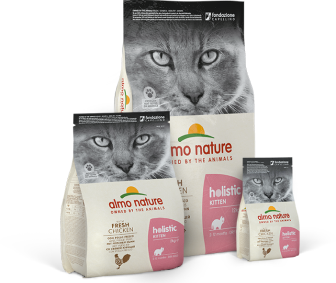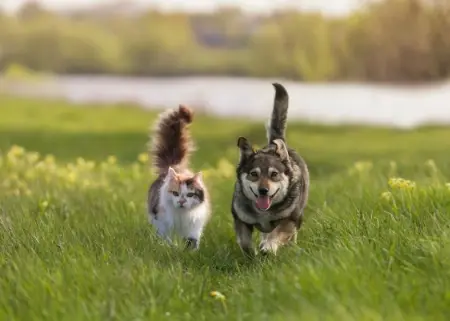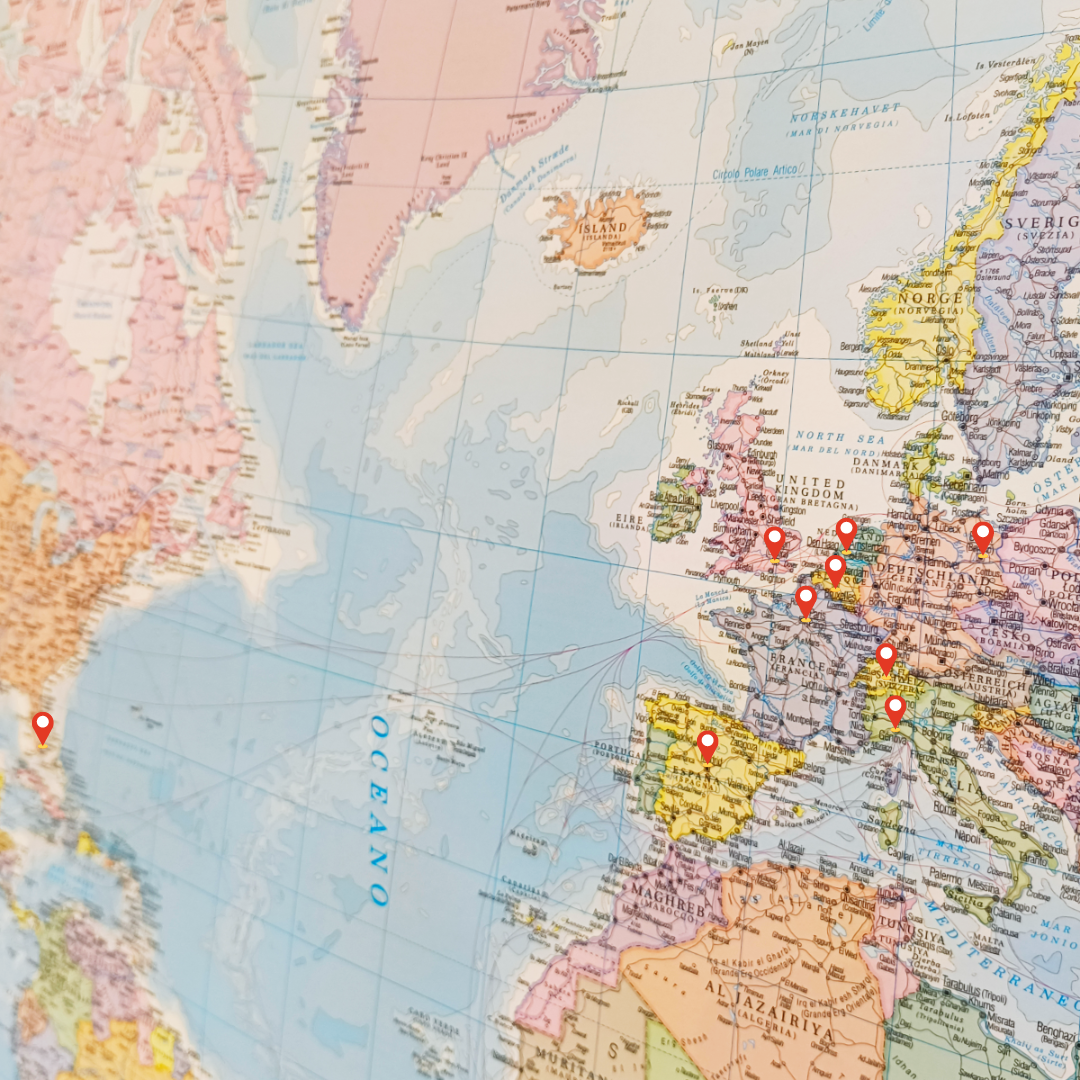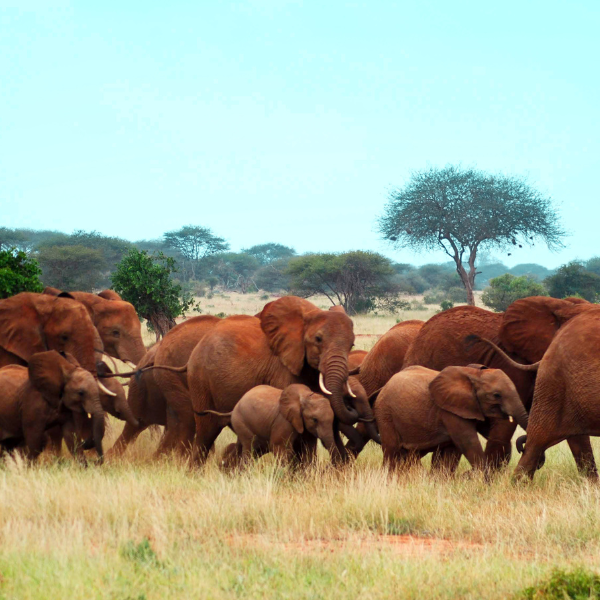We have an impact on the planet's biodiversity.
Our system is no longer sustainable.
We have lost our sense of boundaries in the relationship between humanity and the environment: in the last 50 years, a blink of an eye in the history of the planet, over 70 percent of biodiversity on Earth has gone lost, agribusiness being part of the issue.
With reference, in particular, to the food industry, the raw material-processing-production-distribution-consumption-disposal economic model is estimated to produce approx. 13.7 billion tons CO2 annually, accounting for 26 % of total emissions.
Pet food, which is a segment of the food industry, is estimated to be responsible for 1.2 % of such emissions, i.e, 164.4 million tons CO2 each year.
It is now time for individual actions supporting all initiatives leading to change.
Like any other pet food company, Almo Nature is part of a rigid supply chain: from meat and vegetables production to meat slaughtering and processing of vegetables into ingredients, which, in turn, are transformed and packaged as pet food, whose conservation and packaging then relies on the packaging industry pipeline.
The importance of research.
We closely monitor the development of research topics related to lab-grown animal-based proteins, plant-based proteins as a replacement for animal-based proteins, and insects proteins. It should be emphasized that to date, the long-term effects on animal welfare of a diet based on alternative protein sources are not yet known. Therefore, Almo Nature's approach is one of absolute caution: the use of such ingredients shall be subject to the existence of sufficient evidence as to their actually meeting cats' and dogs' real needs.

We test and explore to reduce our impact.
As for non recyclable flexible packaging (kibble packaging) we have been testing new materials, since 2020, along with our international partner AMCOR Flexibles, with three objectives in mind:
- keep ensuring the same hygiene and preservation quality level granted by multi-material three-layered non-recyclable packaging;
- make flexible packaging recyclable through the adoption of mono materials;
- reduce both CO2 emissions and water and energy consumption per unit produced.
At the end of the trial, we chose, as a replacement for multi-layered packaging, to gradually introduce a 100% recyclable polythene film, which will also allow us to reduce the impact as follows:
We use 100% recyclable aluminum or tinplate packaging for almost all wet foods.
Our cat litter products
are entirely plant based.
For several years now we have discontinued marketing mineral litters in favor of plant-based litters, one of which is 100% natural and one, soon to be released, contains plant-based additives to improve performance. Our litters are biodegradable and can be disposed of in household trash or composted and, in the case of Soft Grain litter, also flushed down the household toilet.
All profits are allocated to biodiversity.
Pier Giovanni Capellino, the founder of Almo Nature, and his brother Lorenzo have donated 100% of the company to the Foundation bearing their name. In the pet food industry sector, this is the only case in the world where Almo Nature's revenues (after costs and tax) are directly donated to biodiversity conservation.




-1.jpg)


